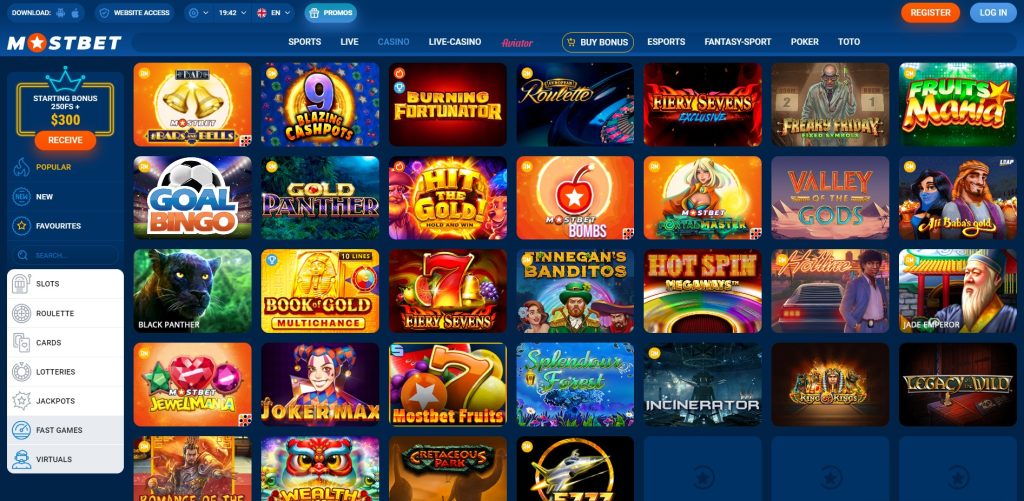Can I Use a VPN Everything You Need to Know

Can I Use a VPN
If you’ve ever wondered, Can I Use a VPN to Access Online Casinos from AZ? Theo Hernandez you’re not alone. Virtual Private Networks (VPNs) have become increasingly popular in recent years, thanks to the rising concerns about online privacy and security. But what exactly is a VPN, and how can it help you? In this article, we will explore the functions of VPNs, their advantages and disadvantages, and whether you should consider using one for your internet activity.
What is a VPN?
A Virtual Private Network (VPN) is a service that creates a secure connection over a less secure network, such as the Internet. A VPN establishes an encrypted connection between your device and a remote server operated by a VPN provider. When you connect to a VPN, your internet traffic is routed through this secure tunnel. This masks your IP address and encrypts your data, making it more difficult for third parties to track your online activities.
Benefits of Using a VPN
1. Enhanced Privacy
One of the primary reasons people use VPNs is for increased privacy. When you connect to a VPN, your internet service provider (ISP) cannot see your online activities. This is particularly important if you’re concerned about being monitored by ISPs, governments, or other entities.
2. Bypassing Geo-Restrictions
Many online services impose geographical restrictions, meaning certain content can only be accessed from specific locations. VPNs allow you to connect to servers in different countries, tricking websites into thinking you are accessing them from that location. This can help you access restricted content such as streaming services or websites unavailable in your region.

3. Secure Public Wi-Fi Connections
Using public Wi-Fi can be risky, as these networks are often unsecured, making it easy for hackers to intercept your data. A VPN encrypts your connection, adding an extra layer of security when you’re using public Wi-Fi, like in cafes or airports.
4. Avoid Bandwidth Throttling
Some ISPs intentionally slow down your internet speed if they detect certain activities, such as streaming or gaming. By using a VPN, you can prevent your ISP from seeing which sites you’re visiting, possibly avoiding throttling and maintaining a smoother internet experience.
Potential Drawbacks of Using a VPN
1. Slower Internet Speeds
While a VPN can improve security and privacy, it can also result in slower internet speeds. This is due to the encryption process and the distance data must travel to reach the VPN server. Depending on the quality of the VPN service you choose, you may experience varying speeds.
2. Cost and Subscription Fees
Many reliable VPN services require a monthly or annual subscription fee. While there are free VPN options available, they often come with limitations, such as data caps, slower speeds, or weaker security measures. Investing in a reputable paid service can provide better protection and features.

3. Legal Implications
While using a VPN is legal in most countries, there are some regions where VPN usage is restricted or illegal. Before using a VPN, it’s essential to understand the laws applicable in your country to avoid any legal repercussions.
4. Trust Issues
Not all VPN services are created equal, and some may log your data or misuse your information. It’s crucial to do your research and choose a reputable VPN provider that prioritizes user privacy and security.
Choosing the Right VPN
When deciding whether to use a VPN, consider your specific needs. Here are a few key factors to keep in mind when choosing a VPN:
- Privacy Policy: Always read the privacy policy to understand how your data will be handled.
- Server Locations: Choose a VPN with servers in locations that suit your needs.
- Speed: Look for providers that offer fast connections and reliability.
- Compatible Devices: Ensure the VPN can be used on all your devices, such as smartphones, tablets, and computers.
- Customer Support: A good VPN provider should offer solid customer support to assist you when needed.
Conclusion
In conclusion, the question “Can I use a VPN?” can be answered with a resounding yes, provided you understand your needs and choose the right service. While VPNs come with numerous benefits, including enhanced privacy, security, and the ability to bypass geo-restrictions, they also have potential drawbacks that need consideration. Ultimately, whether or not to use a VPN depends on your specific internet usage and privacy requirements. If online safety and access to global content are priorities for you, investing in a good VPN service can be a wise choice.